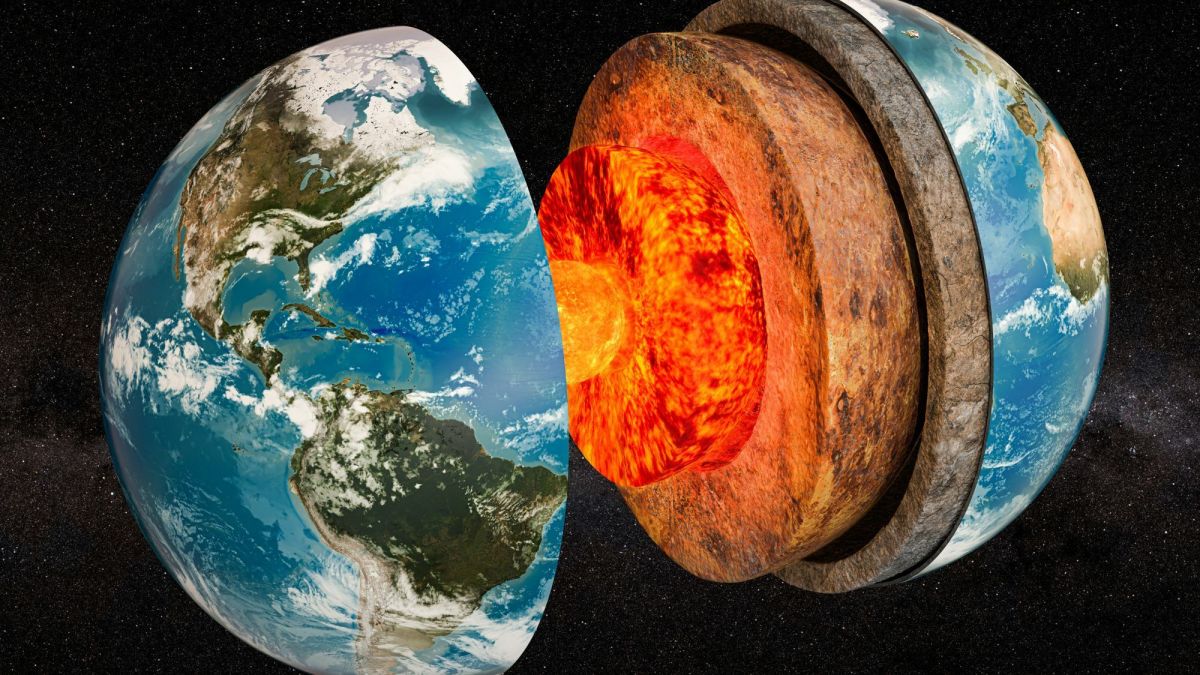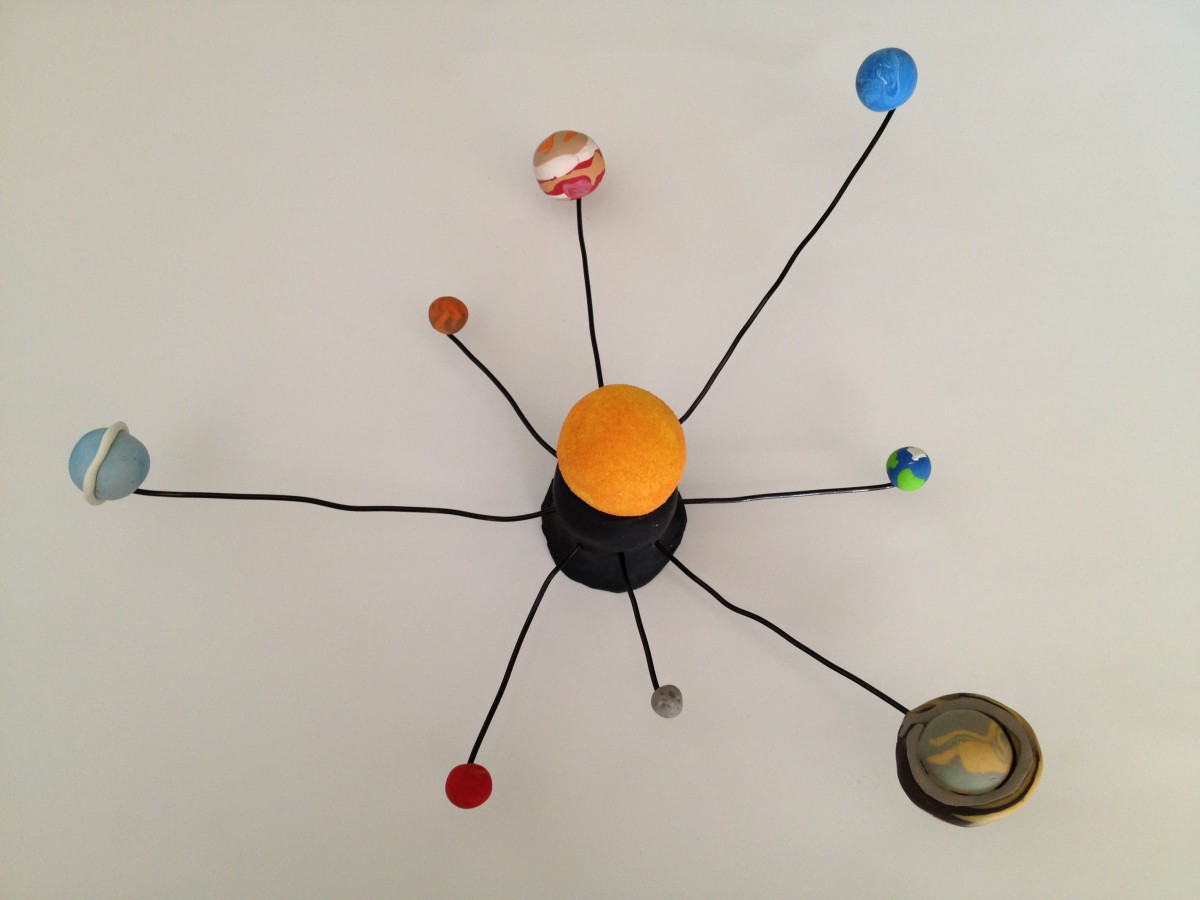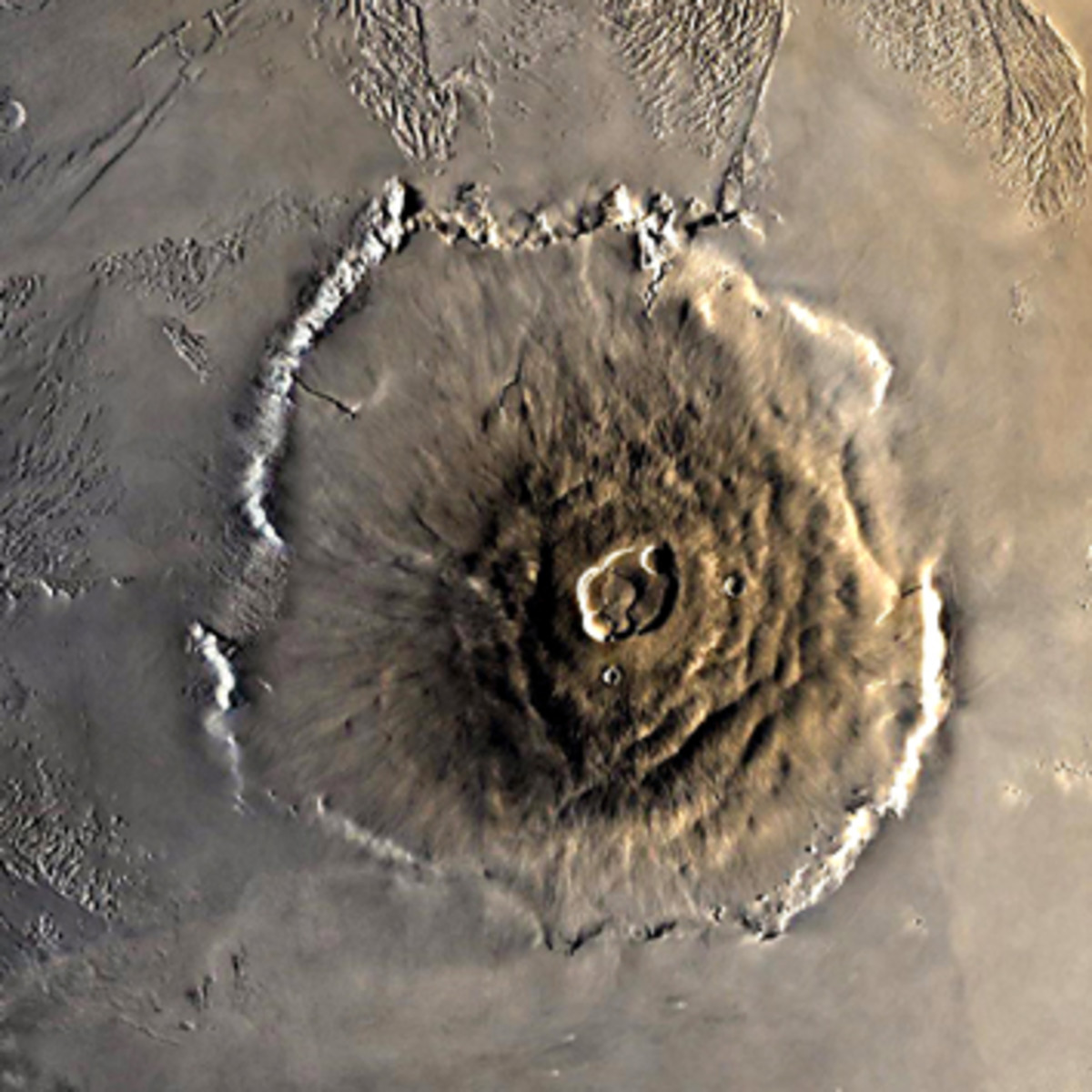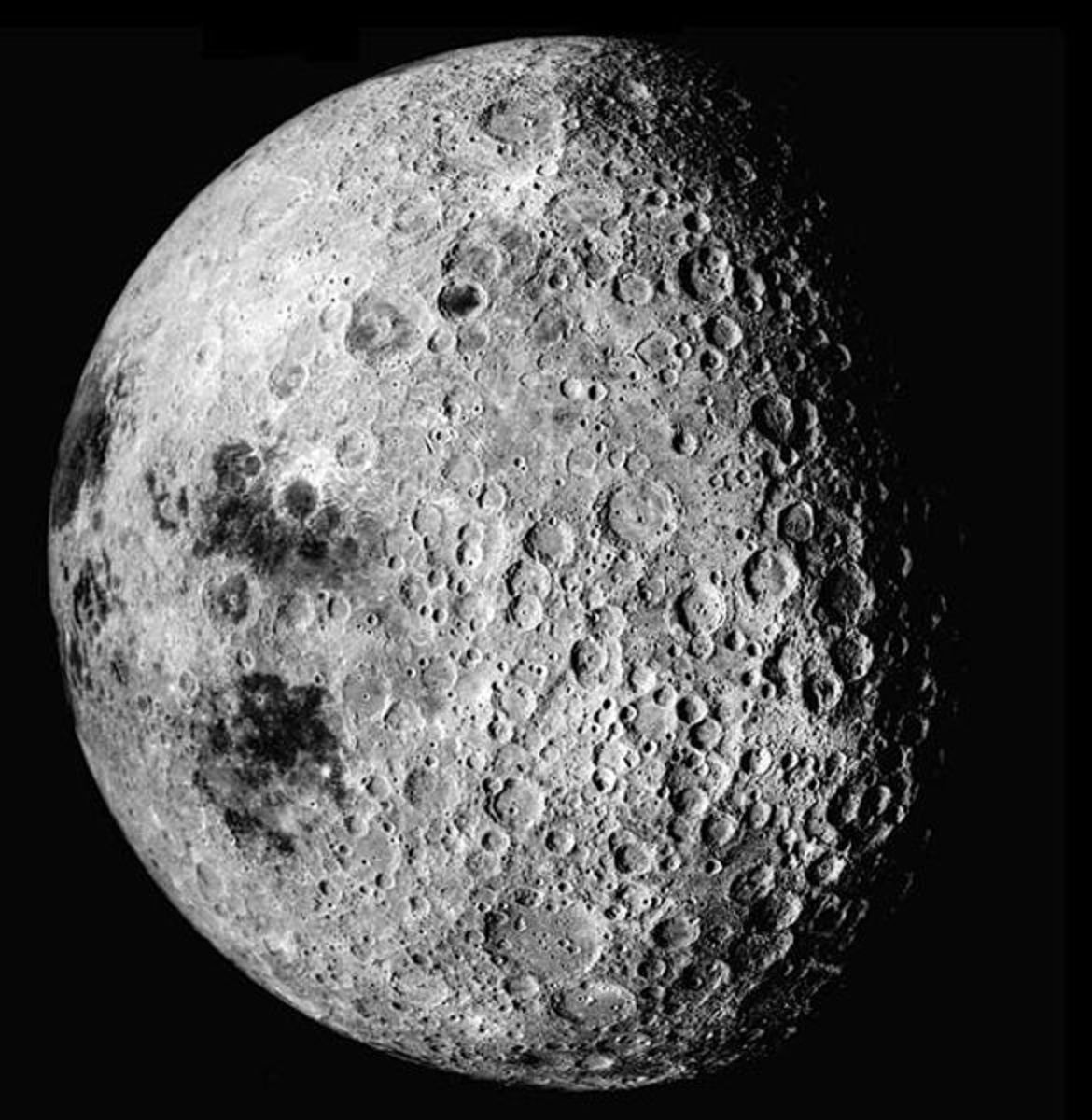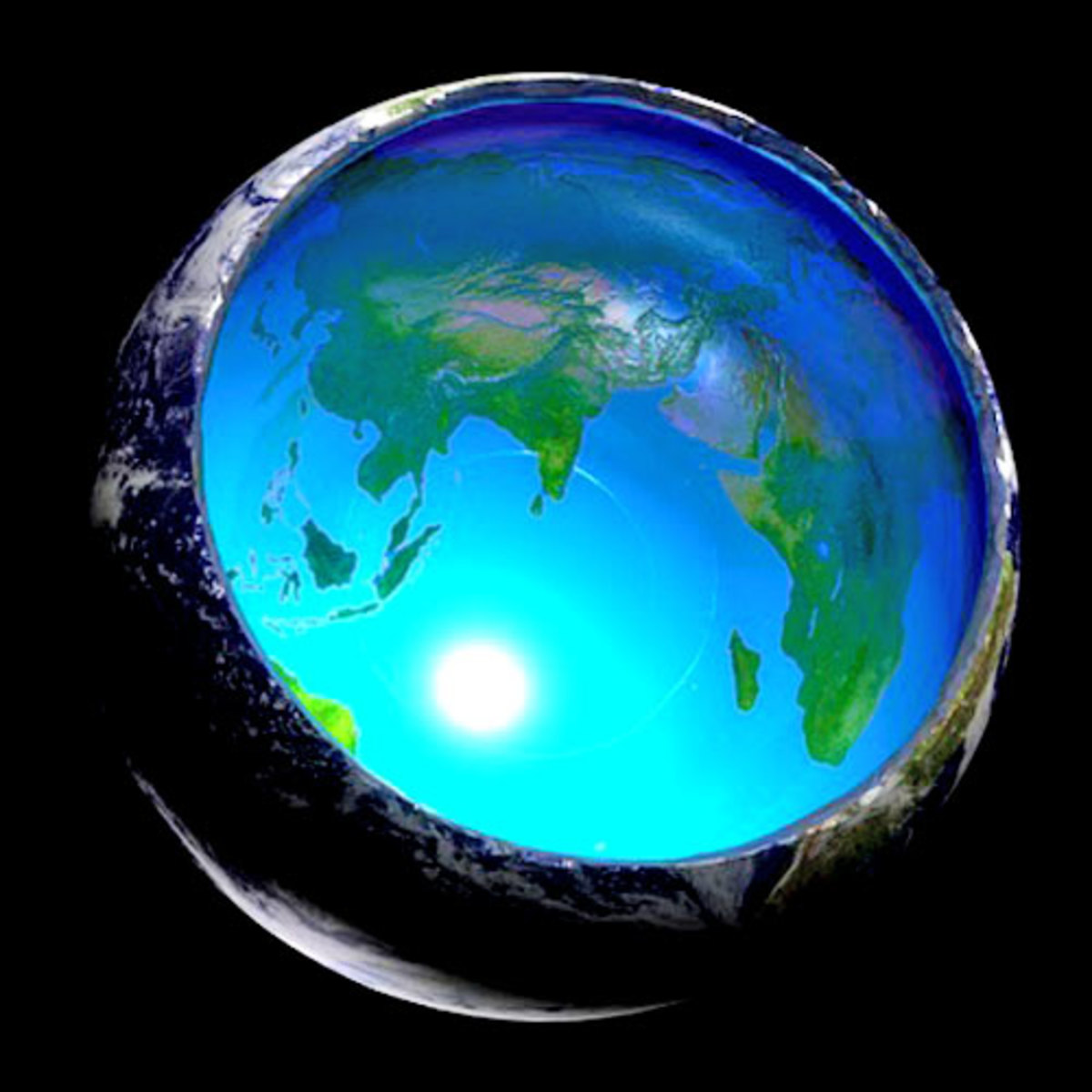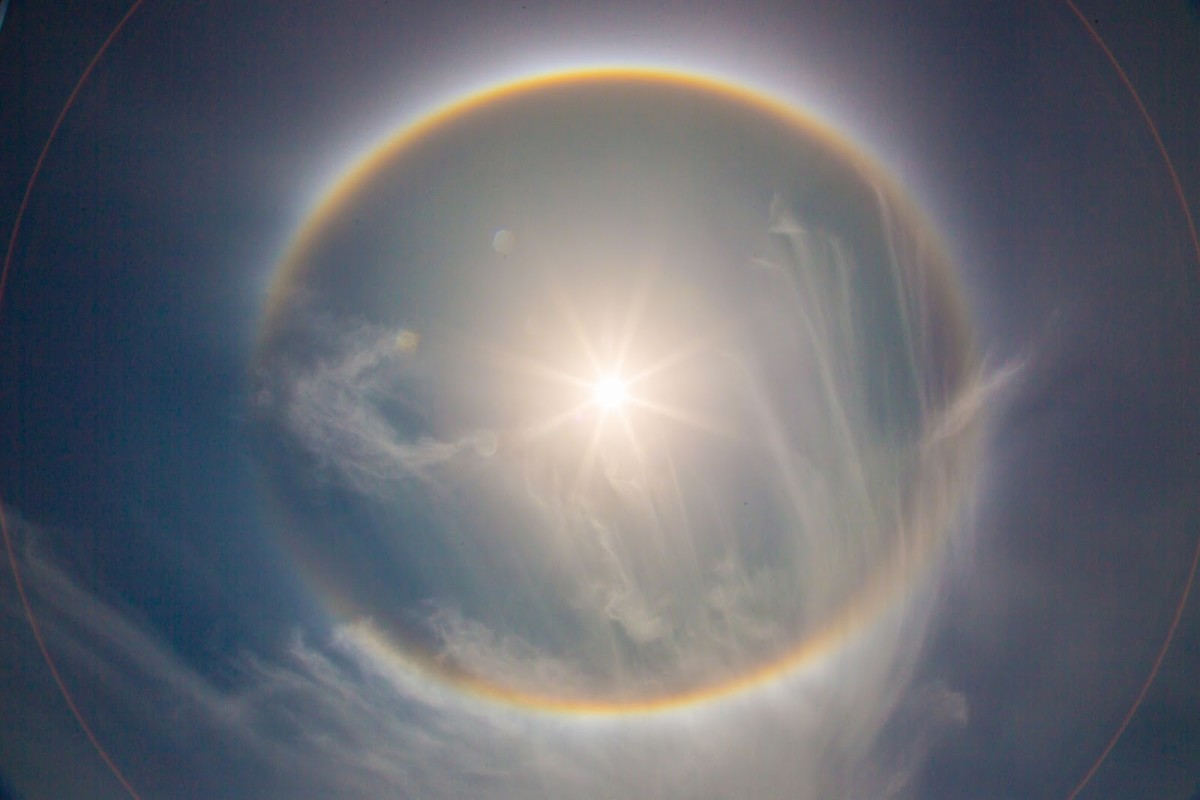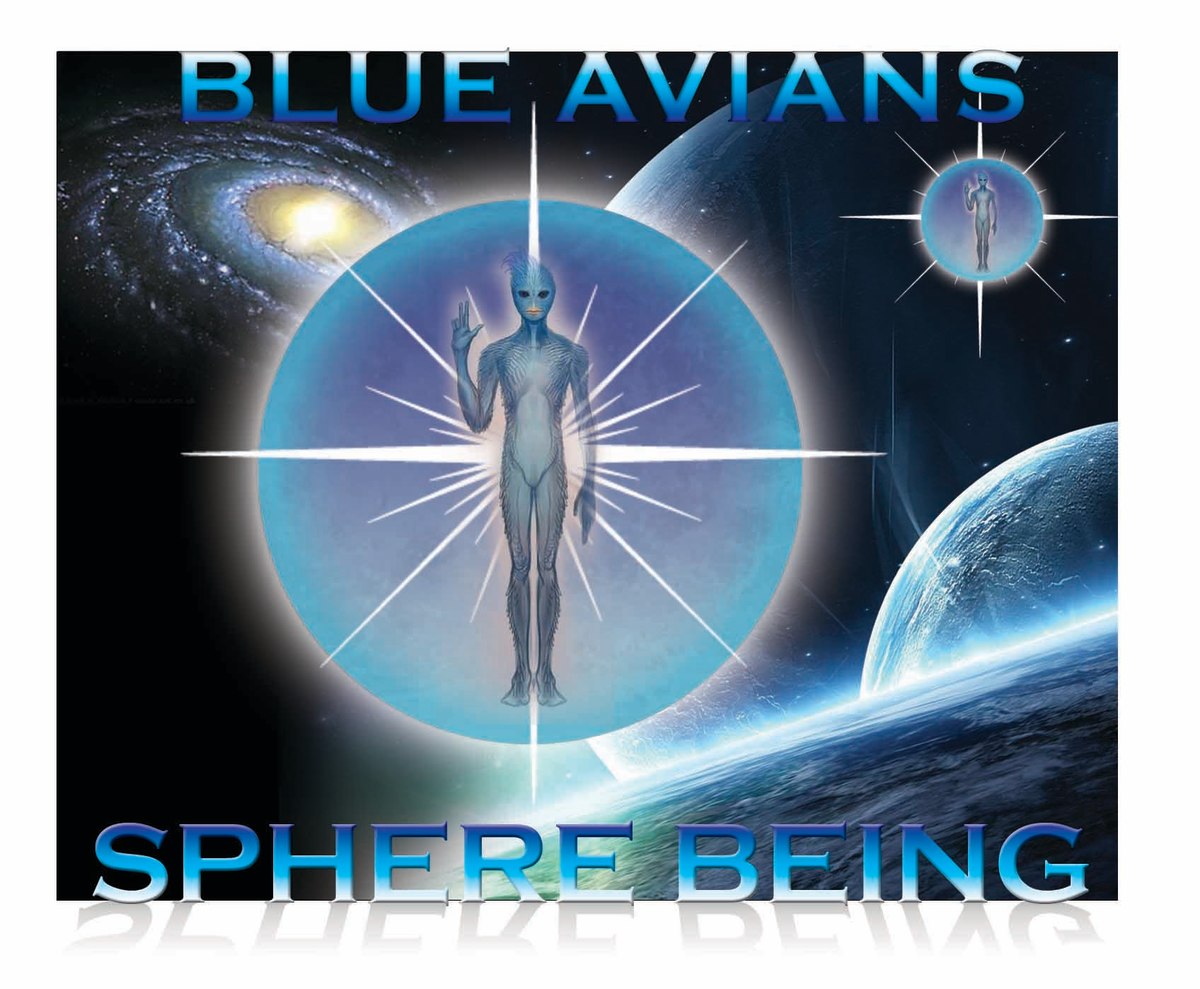Spaceship Earth, Our Moon, Why Are We Going Back?
One of the greatest achievements of mankind.
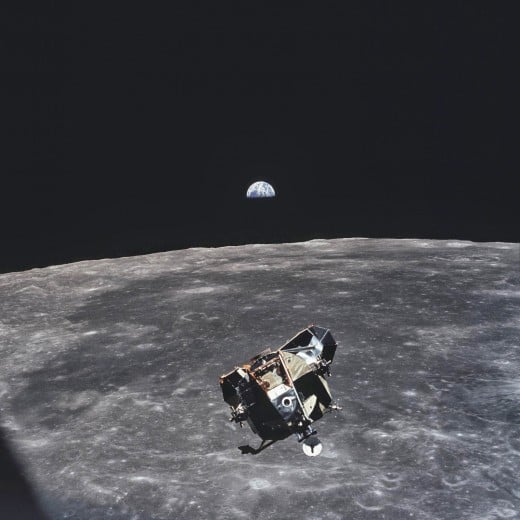
Our companion, the Moon
As I sit thinking about this article there's one thing that is on my mind, and that's simply that no matter where we are on this earth, no matter what we're feeling there's one companion that we all have, he's there looking over our shoulder all the time, not saying anything, just being there, and no matter how far we are from loved ones, he looks down on them too.
I'm not speaking of God with this, but about a lump of rock that has what we, Humans, like to think is a 'face' though it's really just four craters caused by asteroid impacts, but those craters often allow us as Humans to think of that rock as a 'person' like no other.
I'm talking about the Moon, our Moon, our own very special Moon that's unique in so many ways.
Fifty years ago we went there, partly to say that we'd simply 'been there' as a publicity stunt, and partly simply because it was an obstacle that we wanted to conquer, but now, if you follow the news closely you'll realize we're planning to go back there, and a lot sooner than you might think.
In the last hub, we explored a little of what the Moon is made of and how it came into being, interestingly enough both the Bible and science tell us that the Moon is actually younger than the Earth.
An unusual body.
If you were to look at our solar system you'd be fascinated to discover that the planets in our system can be split into two categories. The four closest planets to the sun are small and rocky, they're known as 'terrestrial' planets.
The outer planets of our solar system are all much larger than the 'terrestrial' planets and have atmospheres so thick we haven't actually 'seen' their surface! Jupiter and Saturn are both 'Gas Giants' where we can't detect the surface, but know that the pressure of the gases are so intense they would crush anything that tried to enter them, Uranus and Neptune are covered in so much Ice that it's impossible to tell where the surface really is, and there's something else really strange about these planets, something that only the Earth breaks the mould with.
Of the four planets that make up the inner solar system, two, Mercury and Venus have no Moons at all, one, Mars has two moons that are so small they're basically asteroids that got caught by the planet's gravity and can't break free.
Only Earth has a large Moon big enough to influence the way the planet's ecosystem works, big enough to influence the tides on the planet's surface, though it isn't just the Moon that causes them, but a combination of both the Sun and Moon.
Many native cultures on Earth plant their crops according to a lunar cycle, waiting until the Moon is in a particular position before planting their crops, no one is totally sure how this works, but the current theory is that the Moon's gravitational 'pull' works on moisture in the soil to help the plant grow.
But there are any astounding facts about the Moon that we are still finding out, it may be our nearest neighbour, but it's also the one place that shows us how much we really don't know about our own 'back yard'
Back there by 2024
You heard it, but why would we go?
And they're not the only ones wanting to go!
China has said that they intend to land people on the Moon in the next twenty years. Russia has said "By the year 2030" and even both Israel and India launched probes to the Moon this year, both of those probes crashed, but the Chinese successfully landed a rover that has been exploring the far said of the Moon since this January!
But why?
There are a couple of reasons, some of which make economic sense, and others paint a stark picture.
Here they are.
- Building observatories. It's been the dream of astronomers to build places where they can observe the workings of the universe without interference from either the light created by Earth or radio interference by man-made systems.
- Learning about new technologies. Some of the technology that man is using is downright dangerous, but we need them, or at least need to know how they work so that we can build safer and better devices. Nuclear Fusion or 'cold fusion' is regarded as the safer option over Nuclear fission, but we had to learn about fission (splitting the Atom) first, wouldn't it be better to take that tech to places far away from where the main Human population live.
- Asteroid mining, this one is already on the 'testbed' as companies are lining up to carry this out. Our planet has huge but finite resources, and we're starting to run out of them! Gold isn't just a valuable metal for its colour, it's also one of the best materials for insulation, many space probes are lined with Gold to insulate them from the extreme temperatures of outer space, Uranium used both in military and civilian devices is rare on Earth, and nearly all the Uranium we've found here has come from Meteorites, that's because it's so heavy as a metal that almost all of it has sunk into the Earth's core, but it's plentiful in Asteroids, then there's platinum, Silica (used for rechargeable batteries and electric cars) each of which are rare on Earth, but plentiful in space!
- Planetary defence. Right now NASA is tracking at least four large asteroids that might (with a little nudge, like getting affected by another planet's gravity) hit the Earth causing massive damage, next year they hope to launch a probe to see if these celestial bodies might be 'knocked off course' with a collision. The idea is to test if they can be deflected if it's ever needed. Follow that up with a base on the Moon tracking even further out, and with capabilities to send devices out to intercept these rocks long before the people are even aware of them.
- As a safeguard against extinction.
The fact is that in the long term, Humanity doesn't really have much of a choice, we have to, or face the real possibility of extinction!
Stephen Hawking went on record as saying that even with the best conservation practices we can think of, all we'd do is halt the present destruction of the planet in the place where it is at the moment, Global warming would still happen, it would just take more time.
We'd still run out of resources eventually, it would just take more time. He c=gave us at most one thousand years, that means from the time before the Norman invasion of Saxon England to sixty years from now. He said if we hadn't found another planet or planets with climates like earth then we face going the way of the Dinosaurs, a very sobering thought.
"It will be difficult enough to avoid disaster on planet Earth in the next hundred years, let alone the next thousand, or million. The human race shouldn't have all its eggs in one basket, or on one planet. Let's hope we can avoid dropping the basket until we have spread the load.
"We are running out of space, and the only places to go to are other worlds. It is time to explore other solar systems. Spreading out may be the only thing that saves us from ourselves. I am convinced that humans need
— Stephen HawkingStephen Hawking explains why we should explore space, and a practical way of reaching the first stars with a probe.
But this about the Moon right?
Yes, it is, but also it's about the future, and the steps we take in exploring the Moon will have consequences or results that will be with us for centuries.
Our Moon has so much to offer us as we take those first steps. A place to study the cosmos away from the lights and interference of earthbound devices. Bases from which to launch probes that will find and mine the materials needed so that Humanity can not just explore the heavens, but can take steps to help the Earth restore what once was.
And it's all there for the taking.
We haven't covered everything though.
In this hub and the one before it, we only began to 'scratch the surface' of what the Moon means to man, and what it means to our future.
We took a look at some of the government programs going on that will put men and women back on the Moon, but they're not the only ones wanting to go there, especially when you start talking about Asteroid mining there are literally dozens of companies lining up to 'have a go' especially with some of the minerals that have been found in the Asteroid belt.

